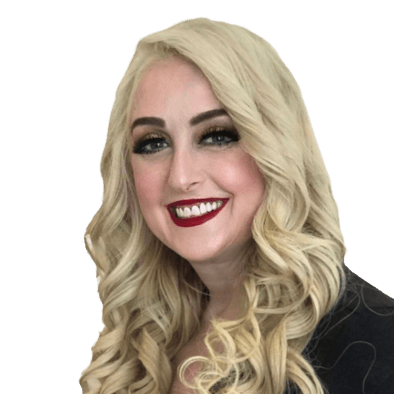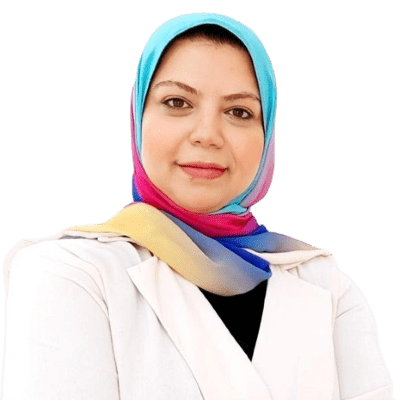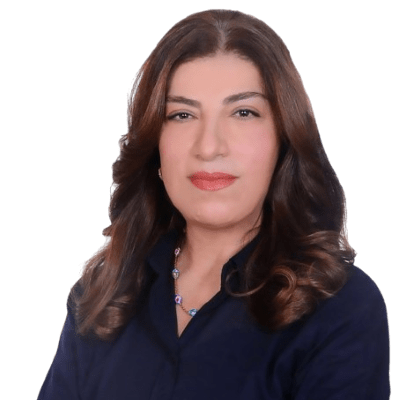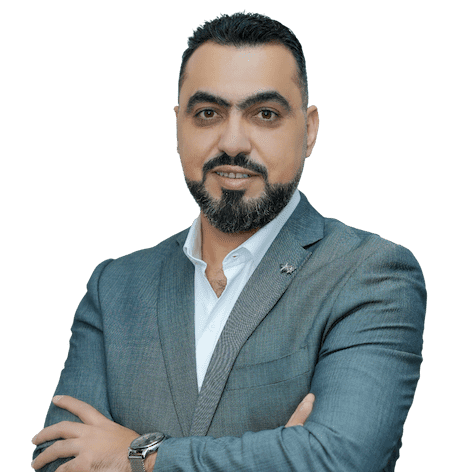Autism (Autism Spectrum Disorder): Symptoms, Causes & Treatment
Written By: Dr. Aida Suhaimi
Updated On:December 27, 2023

What is Autism Spectrum Disorder (ASD)?
A developmental condition brought on by variations in the brain is known as autism spectrum disorder (ASD). Some individuals with ASD have a known abnormality, such as a genetic disorder. Other causes are still unknown. The most typical ways that people develop are thought to be altered by a number of reasons that contribute to ASD. There is still much to understand about these factors and how they affect people with ASD.
Individuals with ASD may behave, interact, communicate, and learn differently than most other people. Frequently, their appearance does not distinguish them from others. People with ASD might have a wide range of abilities. For instance, while some ASD sufferers struggle with nonverbal communication skills, others may have superior conversational skills. Some individuals with ASD require a lot of assistance in their daily life, while others may function independently and lead on jobs.
ASD is usually visible before three years of age and lasts a lifetime, though symptoms occasionally become better with age. ASD symptoms can appear in some kids within the first year of life. Some might not experience symptoms until they are 24 months old or older. Some children with ASD develop new skills and reach developmental milestones up until the age of 18 to 24 months, at which point they cease doing so or lose the abilities they previously possessed.
Teenagers and young adults with ASD may find it difficult to develop and maintain friendships, communicate with adults and peers, or understand what constitutes appropriate behavior in the job or at school.
Causes of Autism Spectrum Disorder (ASD)
The causes of ASD remain unclearly defined. There are certainly numerous reasons, given the disorder's intricacy and the fact that symptoms and severity vary. Genetics and environment may both be important.
Symptoms of Autism Spectrum Disorder (ASD)
For those with ASD, developing social communication and interpersonal skills might be difficult. Examples of social interaction and communication traits connected to ASD include:
- Little to no eye contact
- Does not respond to name by the age of nine months
- Does not display joyful, sad, angry, or astonished facial expressions by the age of nine months
- Is not engaged in simple interactive games like pat-a-cake by the age of 12 months
- Makes few or no gestures by the age of one (for example, does not wave goodbye)
- Does not share interests with others by the age of 15 months
- At the age of 18 months, the child does not involve you in what they see as interesting/intriguing
- At the age of 24 months, the child is unable to understand others’ emotions (happy vs. sad)
- At the age of 36 months, the child excludes himself/herself from playing with others
- At the age of 48 months, the child does not mimic others, like a superhero.
- Does not perform a song or dance by the age of 60 months
Individuals with ASD can exhibit peculiar habits or hobbies. Examples of restricted or repetitive ASD-related activities and interests include
- Put items in a straight line and show irritation if the order changes
- Uses the same phrases multiple times
- Does not vary their playstyle
- Concentrates on one component of a toy (for example, with cars, the concentration is on the wheels)
- Is upset by even little changes
- Possesses obsessions
- Adheres to specified procedures
- Exhibits unexpected reactions to sounds, smells, tastes, sights, or feelings.
- Flaps hands, rocks body, or spins around
Most people with ASD also exhibit other similar traits. They could consist of the following:
- Delayed linguistic abilities
- Talents for moving slowly
- Delayed abilities in learning or thinking
- Inattentive, impulsive, or hyperactive behavior
- A seizure or epilepsy disorder
- Unusual patterns of eating and sleeping
- Digestive disorders (for example, constipation)
- Unusual emotional or mood swings
- Anxiety, tension, or excessive worry
- Shows little to no fear when fear is expected
It's crucial to remember that children with ASD might not exhibit all of the behaviors as every child is unique.
When to see a doctor for Autism Spectrum Disorder (ASD)?
If you have any concerns about your child when it comes to his/her way of behavior, play, and/or communication. Please contact their doctor. The doctor would refer you to a specialist for a thorough evaluation of your child. Child development specialists, pediatric neurologists, or psychiatrists or psychologists for children conduct these assessments and provide a diagnosis.
Autism Spectrum Disorder (ASD) Risk Factors
ASD is caused by a variety of factors. Environmental, biological, and genetic factors are only a few of the many that have been shown to increase a child's risk of having ASD. Although we don't know much about particular reasons, the data suggests that the following factors may increase a child's chance of ASD:
- having a sibling with ASD
- having specific chromosomal or genetic abnormalities, such as tuberous sclerosis or fragile X syndrome
- problems during childbirth
- having relatively older parents
Autism Spectrum Disorder (ASD) Diagnosis
It can be difficult to identify ASD because there are no medical tests to perform. Doctors take the child's behavior and developmental stage into account when making a diagnosis. At the age of two, a reliable diagnosis made by an experienced professional can be accepted. Yet, many children don't receive a conclusive diagnosis until they are much older.
Autism Spectrum Disorder (ASD) Treatment
ASD treatment today aims to decrease symptoms that interfere with daily functioning and quality of life. Every person with ASD has a different set of strengths, issues, and treatment needs because the disorder has a unique effect on each person. Treatment programs are often customized for each patient and involve a number of providers. Treatments to ASD can typically be divided into the following categories: Behavioral, Developmental, Educational, Social Relational, Pharmacological, Psychological, as well as Complementary and Alternative Medicine.
References
Frith, U., & Happé, F. (2005). Autism spectrum disorder. Current biology, 15(19), R786-R790.
Johnson, C. P., & Myers, S. M. (2007). Identification and evaluation of children with autism spectrum disorders. Pediatrics, 120(5), 1183-1215.
Lord, C., Brugha, T. S., Charman, T., Cusack, J., Dumas, G., Frazier, T., ... & Veenstra-VanderWeele, J. (2020). Autism spectrum disorder. Nature reviews Disease primers, 6(1), 1-23.
Lord, C., Elsabbagh, M., Baird, G., & Veenstra-Vanderweele, J. (2018). Autism spectrum disorder. The lancet, 392(10146), 508-520.
Newschaffer, C. J., Croen, L. A., Daniels, J., Giarelli, E., Grether, J. K., Levy, S. E., ... & Windham, G. C. (2007). The epidemiology of autism spectrum disorders. Annu. Rev. Public Health, 28, 235-258.
Meet our doctors from the Psychology department

















